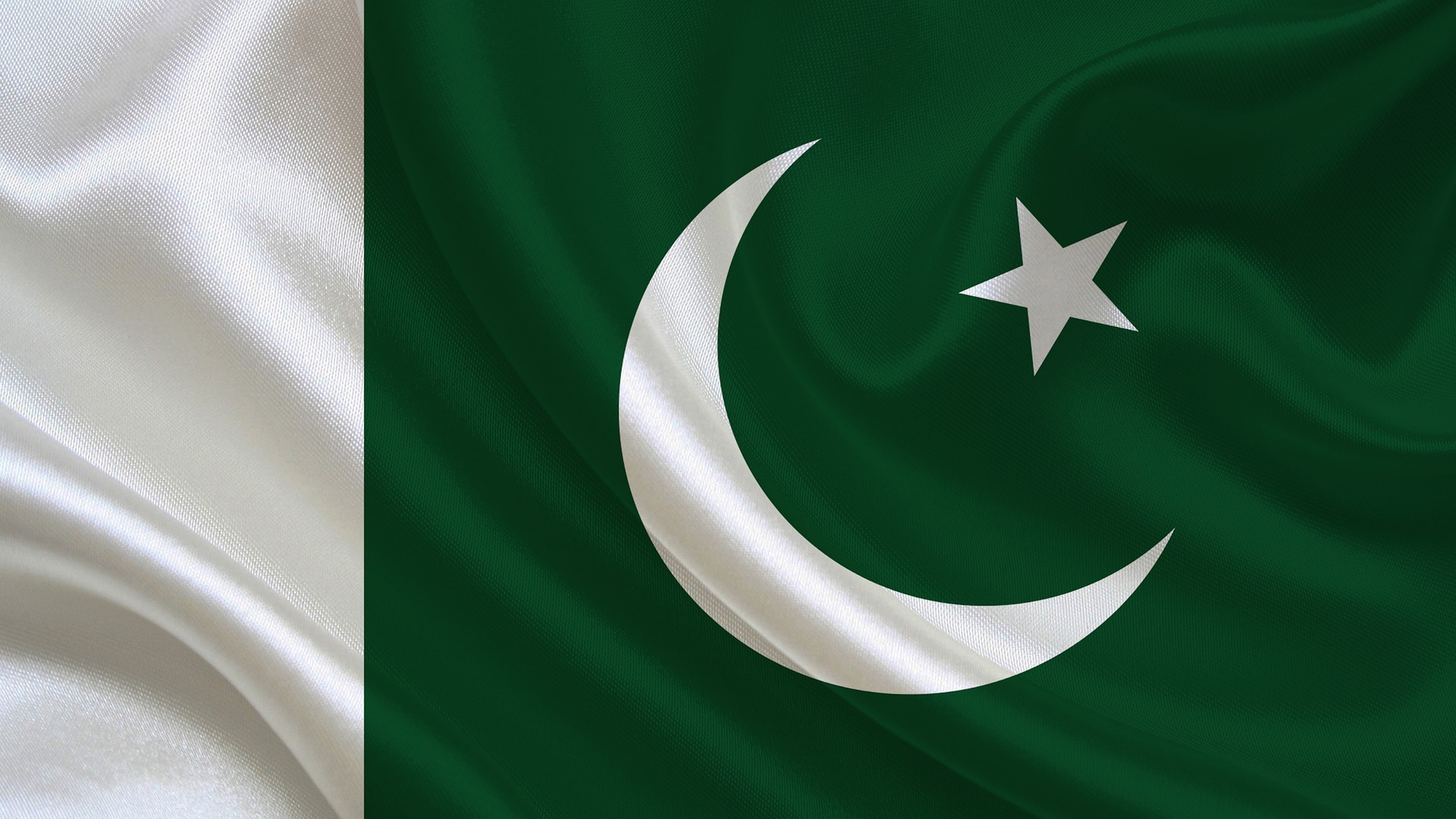Looking to get the inside scoop on Pakistan’s recent decision to raise interest rates? Look no further than our expert panel of financial gurus, who have all weighed in on what this bold move could mean for the country’s economy. From inflation concerns to potential impacts on foreign investment, we’ve got you covered with all the insights you need to stay ahead of the game. So why wait? Read on and discover how Pakistan is charting a course towards growth and success in today’s ever-changing global markets!
Pakistan’s economic situation
Pakistan’s economic situation has been under pressure in recent years. The country’s currency has come under pressure, inflation has risen, and economic growth has slowed. In an effort to stabilize the economy, Pakistan’s central bank has raised interest rates.
The move has been lauded by some experts as a bold and necessary step to take in order to get the economy back on track. Others have criticized the move, saying that it will only serve to further hurt Pakistan’s already struggling businesses and consumers.
At a time when the global economy is slowing down, Pakistan’s decision to raise interest rates could put even more pressure on the country’s already fragile finances. Only time will tell if this bold move will be successful in stabilizing Pakistan’s economy.
The Pakistani government’s decision to raise interest rates
The Pakistani government’s decision to raise interest rates has been praised by experts as a bold move that will help stabilize the country’s economy. The rate hike, which was announced on Friday, will see the central bank’s benchmark interest rate increased by 1.5 percentage points to 10 percent.
The Pakistan Business Council, an association of leading Pakistani businesses, welcomed the move, saying it would help to control inflation and encourage investment. “The decision is in line with our recommendations and we hope it will help control inflationary pressures in the economy,” said Ehsan Malik, the council’s chief executive.
Other experts also welcomed the move, saying it was necessary to curb inflation and support the country’s currency. “The increase in interest rates is a very bold move by the Pakistani authorities and it is very welcome,” said Khalid Mahmood, head of research at Arif Habib Limited. “It was necessary to support the currency and also to curb inflationary pressures.”
Experts’ opinions on the move
When Pakistan’s central bank raised interest rates last week in an effort to stem a currency crisis, it was a bold move that caught many experts by surprise.
While some lauded the decision as a necessary and courageous one, others criticized it as potentially harmful to the country’s economy.
Here’s a look at what some experts had to say about the move:
“This is a very positive development,” said Ashfaque Hasan Khan, an economist and former adviser to Pakistan’s government. “The central bank has taken timely action to address the imbalances in the economy.”
Khan said he believes the move will help stabilize the Pakistani rupee, which has been under pressure in recent months.
“It is also a strong signal to international investors that Pakistan is serious about addressing its economic challenges,” he added.
However, not everyone is convinced that raising interest rates is the right solution for Pakistan.
“I am not sure this is going to work,” said Saad Hashmi, an economist at Standard Chartered Bank in Karachi. “The central bank has hiked rates six times since December, and each time it has failed to arrest the decline in the value of the rupee.”
Hashmi said he believes Pakistan should instead focus on implementing structural reforms to improve its economy.
Potential risks and rewards of the decision
When Pakistan’s central bank raised its benchmark interest rate last week, it was a bold move that caught many experts by surprise. The decision was made in an effort to curb inflation and support the country’s currency, which has been under pressure in recent months.
The move comes with both potential risks and rewards. On the one hand, higher interest rates could help to stabilise the Pakistani rupee and attract foreign capital. On the other hand, there is a risk that higher rates could hurt economic growth and further burden already struggling businesses and consumers.
Inflation has been a major concern in Pakistan in recent months, as prices of essentials like food and fuel have risen sharply. The central bank’s decision to raise rates is aimed at curbing inflationary pressures and supporting the value of the rupee.
The Pakistani government has also taken steps to support the currency, including a recent $1 billion deal with China to prop up reserves. However, some analysts say more needs to be done to shore up confidence in the economy and stabilise the currency.
The central bank’s decision to raise rates will no doubt come as a relief to savers who have seen their savings eroded by inflation. However, it will add to the burdens of businesses and consumers who are already struggling with high costs.
Overall, the central bank’s decision is a risky but potentially necessary move that could help Pakistan get its economy back on track.
Conclusion
Pakistan’s bold decision to raise interest rates is a positive step in the right direction. The move has been met with optimism by experts, who believe that this could help stimulate the economy and lead to better growth prospects for the country. As always, caution needs to be exercised when making such decisions. However, if done responsibly and after taking into account all relevant data and advice from experts, raising interest rates can have a net positive effect on an economy.




